US scientists aim to breed a less aggressive pig
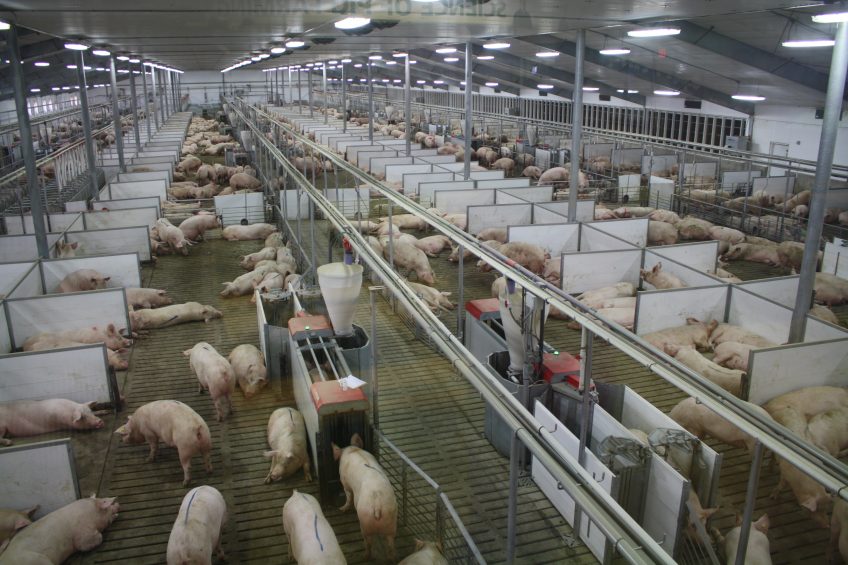
Researchers at Michigan State University, in Lansing, MI, USA, have embarked on an ambitious mission: to investigate the possibility, including side-effects, of breeding a less aggressive pig.
In order to get there, the scientists are currently advancing the knowledge related to the genetics and behaviour of pig aggression.
Michigan sow stall ban as from 2020
The Michigan State University team are interested in learning more, as soon in the state, pork producers will no longer be able to house sows in individual gestation crates from the point at which pregnancy is confirmed. The practice will be forbidden as from April 1, 2020. In doing so Michigan is one of 10 states where this regulation is put in place, according to a report on the website of Michigan State University Extension.
The overall aim of the project is to reduce production losses using behavioural and genomic tools to identify pigs best suited to group living. Basically, the studies will consists of 3 objectives:
1. Social behavioural assessment of group-housed pigs
The on-farm data collection phase of the project is now complete, including detailed behavioural data (phenotypes) for 1,079 gilts and barrows. Individual pigs have been followed from birth, through re-grouping on entry to the nursery phase, feeder/finisher phase, and replacement gilts entering the breeding herd.
Researchers are currently studying the data to characterise the level of aggression at the different stages, as well as individual consistency of aggression.

Also interesting: Managing aggression in group housed sows
2. Estimating genetic parameters
The researchers also obtained genotypes for these pigs, to conduct ‘genome wide association studies’ (GWAS), associating variation in the aggressive phenotype of the pig, with regions on the genome.
This provides the potential for geneticists to incorporate selection against these ‘aggressive’ genes, without spending hours recording aggressive behaviour of individual pigs, and ultimately creating a pig better suited to group living.
3. Developing educational resources for pork industry
A third component of this project is to consider behaviour in the development of on-farm management protocols to reduce production losses, by surveying pork producers, and pork industry advisers (researchers, extension educators, swine veterinarians). Survey results are being used to develop educational resources for pork industry stakeholders, including methods to better transfer and incorporate research results into on-farm management.
 Beheer
Beheer

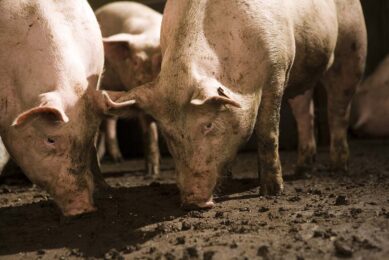
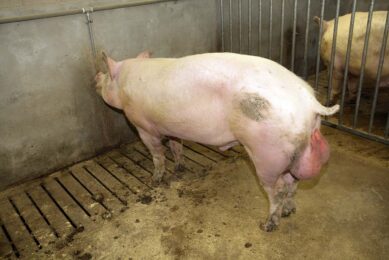
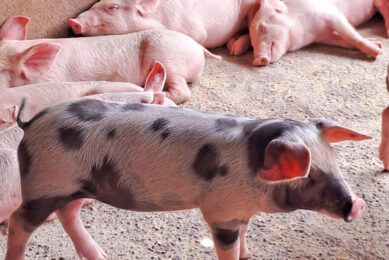
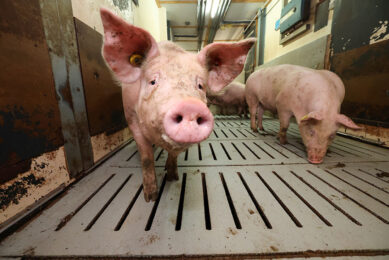



 WP Admin
WP Admin  Bewerk bericht
Bewerk bericht